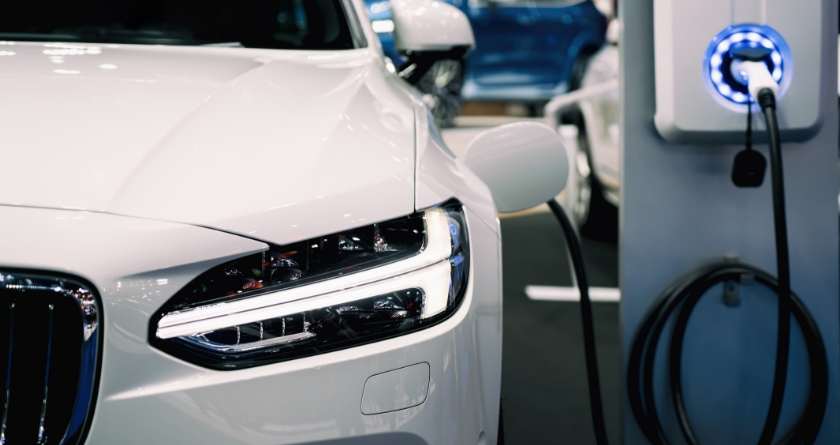richlove
Established Member
- Joined
- Feb 27, 2023
- Messages
- 255
- Reaction score
- 326
- Points
- 110
- Location
- Woburn, Bedfordshire
- Driving
- MG4 SE SR
My current charging solution is to use work chargers, as it's not possible to install one at the apartment (apparently). I'm fully remote, so just pop in to top the car up a few mornings per week, with occasional rapid charge top-ups.
I'm fairly keen to get an extension lead to use the granny charger, running the extension out of the window down to the car park. This wouldn't be every night, more when I need to top-up before a long journey and haven't been able to get in to work. In order to achieve this, I'm considering the following items:

However, on to the point of the post: I've read various horror / scare stories, mostly around fire risk, regarding charging from a granny lead for long period (overnight), though not sure how much credence to give them. Surely, if there was a real, significant danger, not so many people would be using granny leads to charge at all? Is anybody here able to offer a reasonably balanced view of using a granny lead (perhaps with extension) overnight and if there are any real safety concerns?
Read that it may be sensible to use a socket tester and RCD. Just feeling a bit unsure about going ahead with this solution.
I'm fairly keen to get an extension lead to use the granny charger, running the extension out of the window down to the car park. This wouldn't be every night, more when I need to top-up before a long journey and haven't been able to get in to work. In order to achieve this, I'm considering the following items:
However, on to the point of the post: I've read various horror / scare stories, mostly around fire risk, regarding charging from a granny lead for long period (overnight), though not sure how much credence to give them. Surely, if there was a real, significant danger, not so many people would be using granny leads to charge at all? Is anybody here able to offer a reasonably balanced view of using a granny lead (perhaps with extension) overnight and if there are any real safety concerns?
Read that it may be sensible to use a socket tester and RCD. Just feeling a bit unsure about going ahead with this solution.

